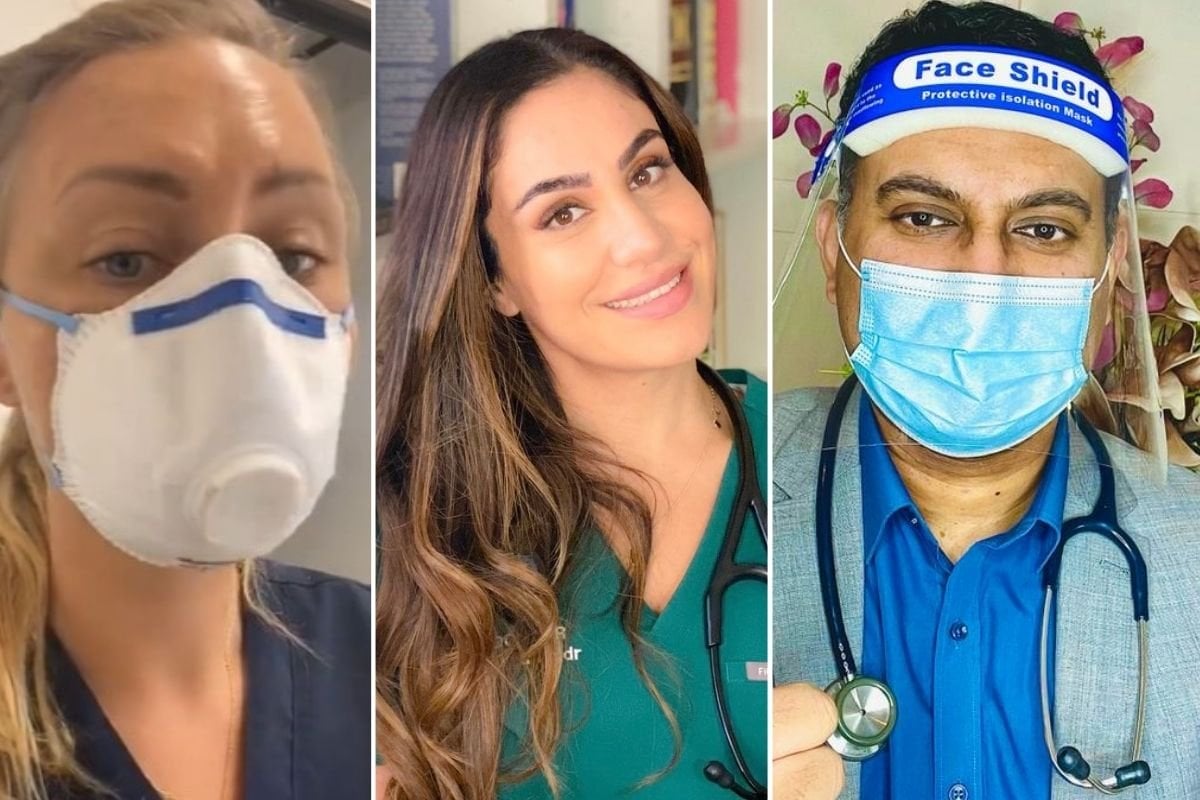
Our doctors are struggling.
They're experiencing unprecedented levels of anxiety, depression and burnout as the under-pressure healthcare system in Australia continues to fall victim to the direct and indirect effects of the COVID-19 pandemic.
A recent review by the Black Dog Institute and The University of NSW, published in The Lancet, found that while mental health issues were already on the rise in the Australian medical workforce, the pandemic has only exacerbated them.
WATCH: A young Melbourne nurse shares his experience with COVID-19. Post continues after video.
As misinformation around COVID-19 hits new levels, our medical staff are watching on horrified as their fellow citizens - albeit a minority - protest their right to overwhelm their workplace.
As Victorian nurse Merowyn Olaver told Mamamia earlier this year, "We are begging you, please think of us. Please think of us when you say 'open up', because we will be the ones picking up the pieces. WE will be the ones putting our lives at risk with stretched resources."
But it's not just that. As the eight doctors in this article will tell you, they're also dealing with financial woes, fears of bringing the virus home to their families and the same isolation fatigue as the rest of us.

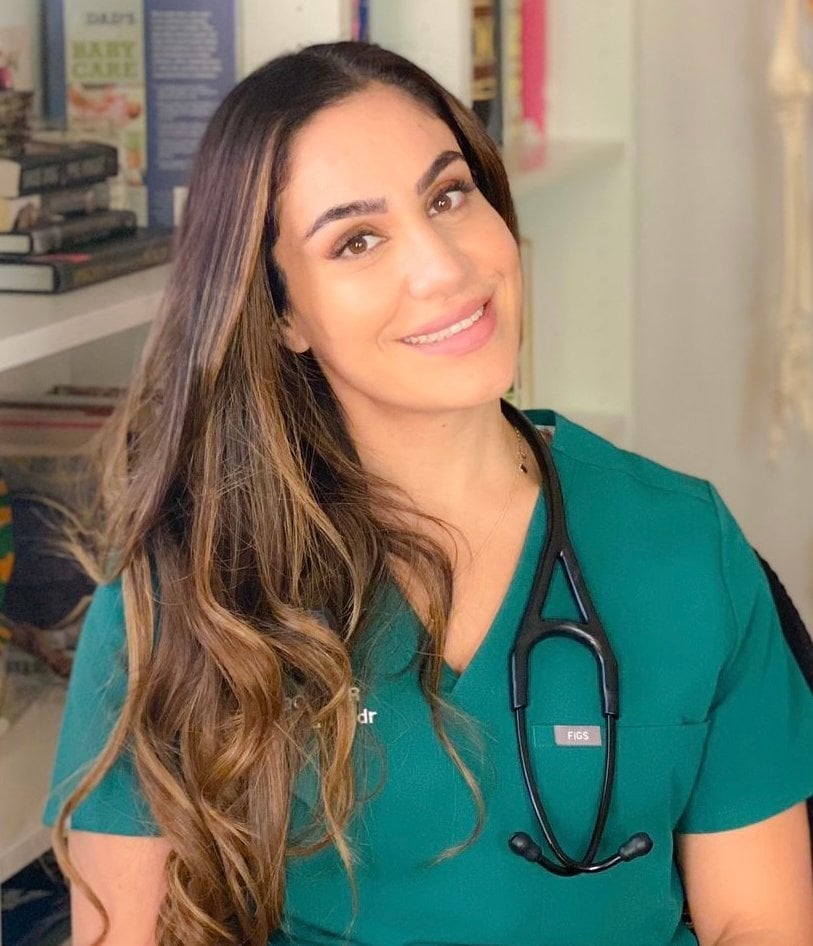
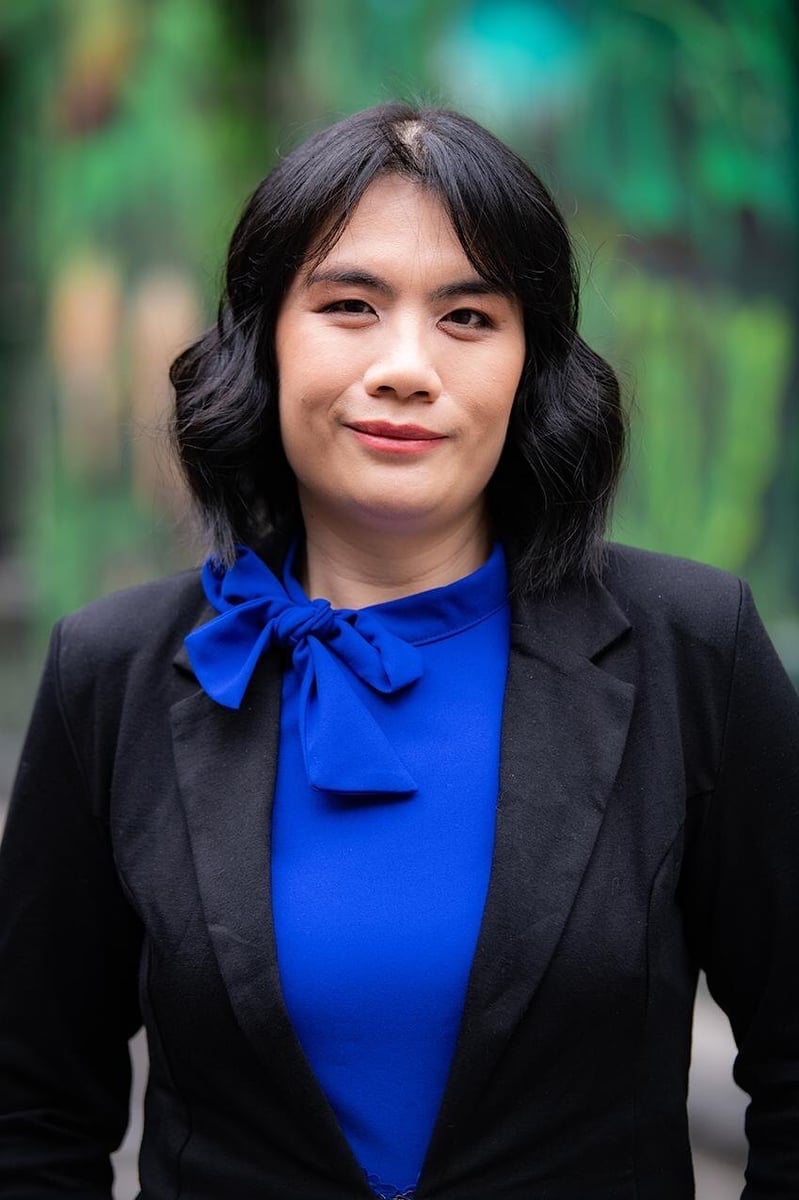
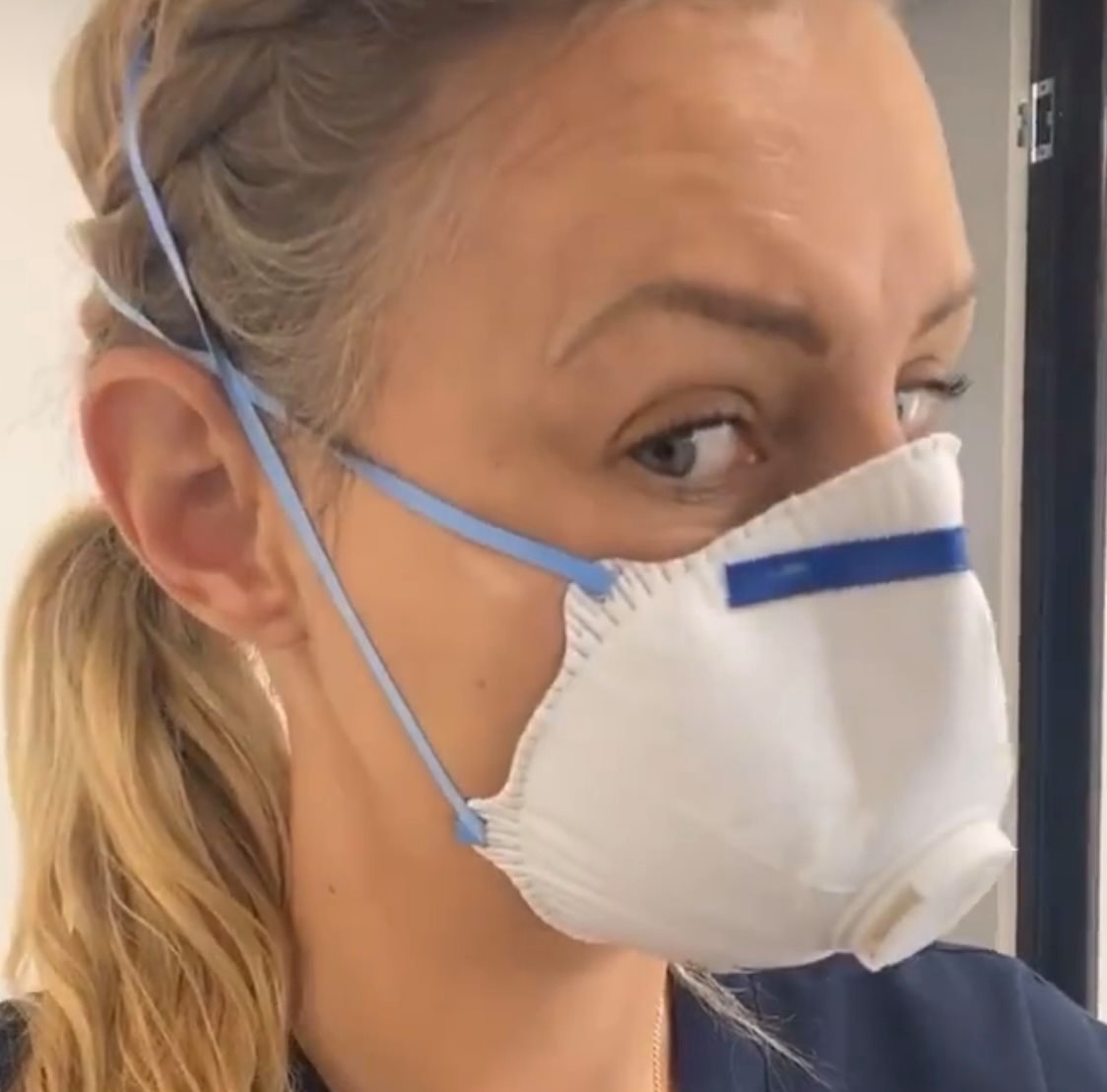
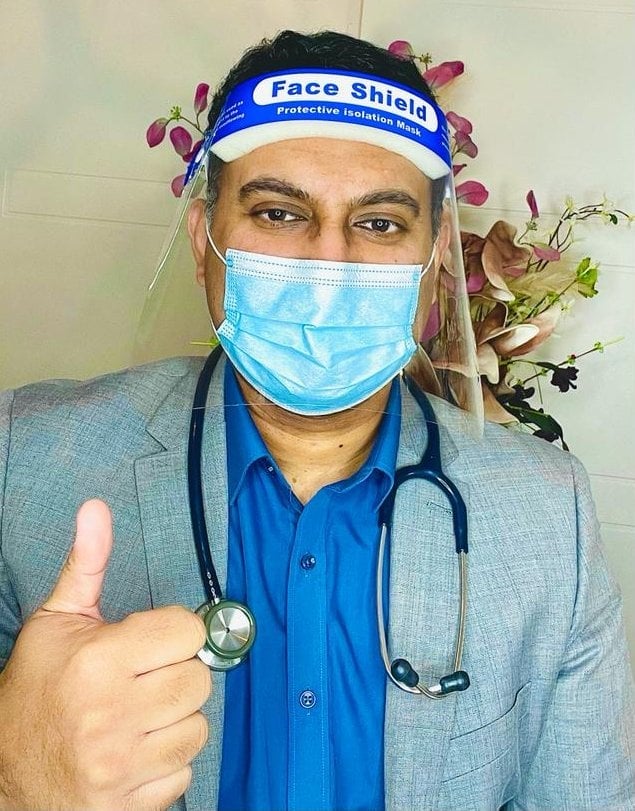
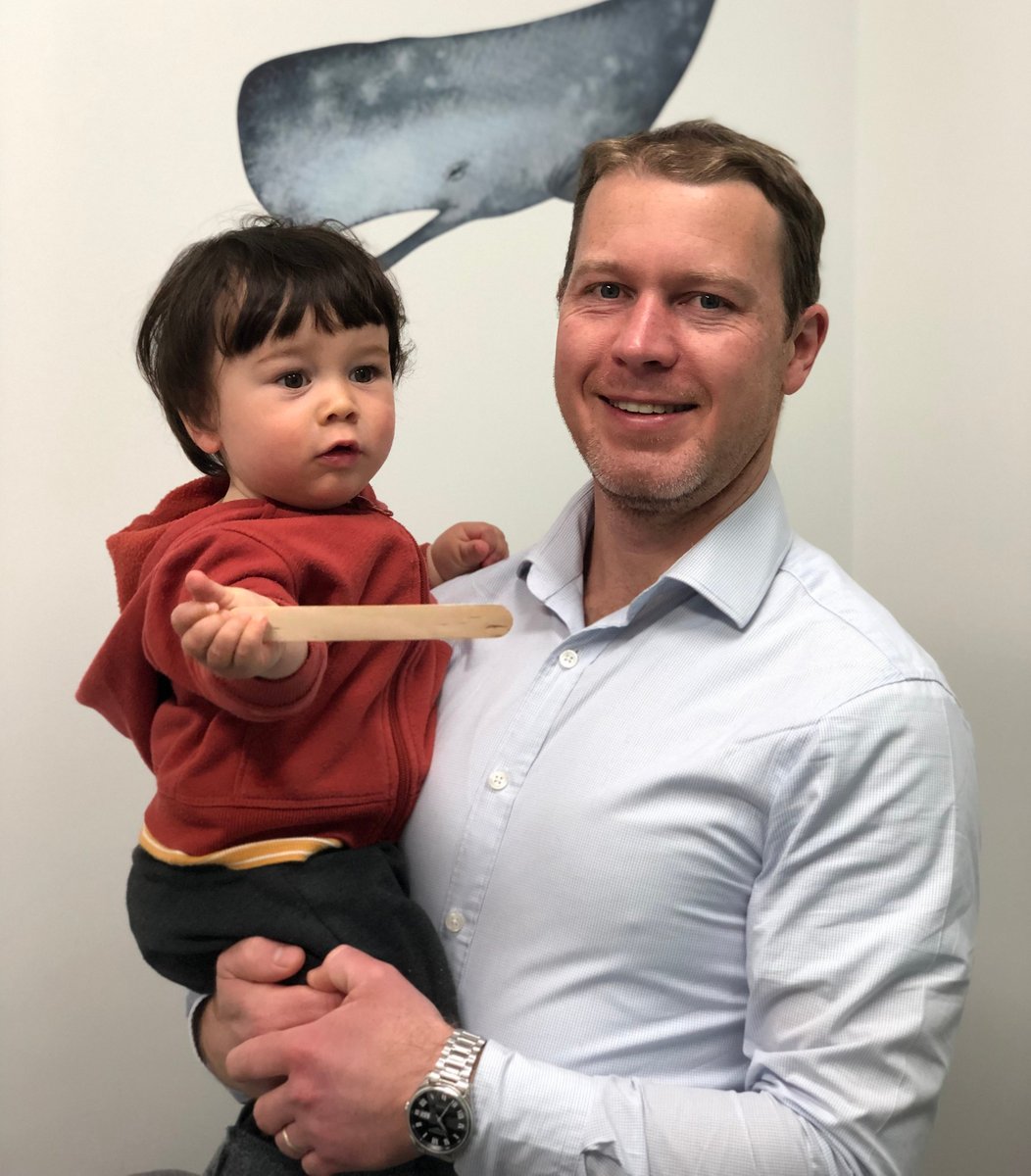
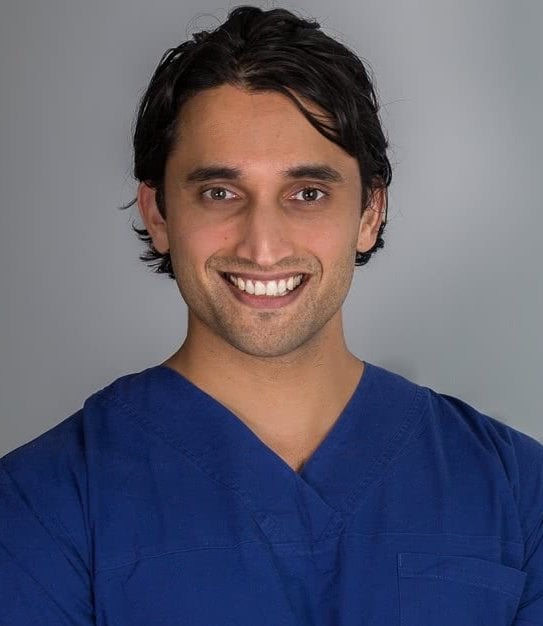
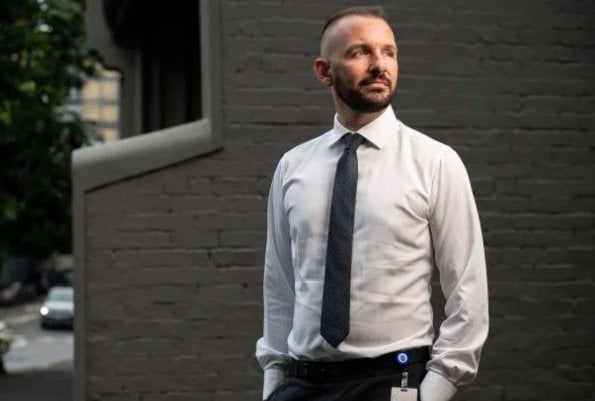
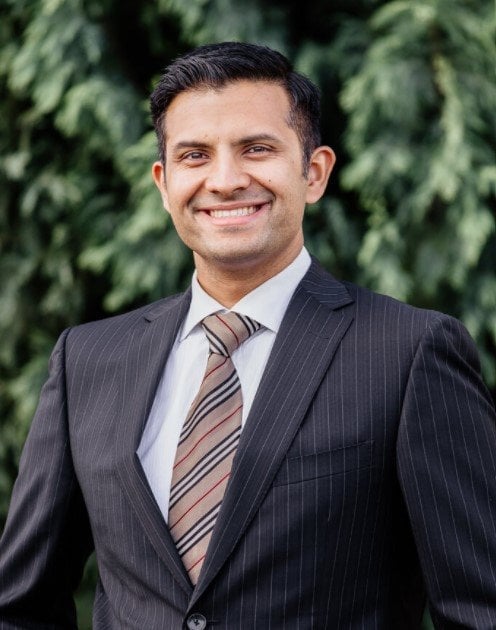
Top Comments
I hope the pandemic and the lockdowns actually give people some insight into the structural issues around mental health. How lack of employment leads to a lack of money, lack of socialising, and lack of self-worth, which eventually morphs into anxiety or depression when the job seeker cannot find work/keeps getting knocked back.
The number of people wanting a medical exemption is interesting. It makes me think that all Governments have been sending out the wrong message: going to bars etc isn't a reward for being fully vaccinated; only fully vaccinated people will be safe if they go to a bar etc when covid is ripping through the community.
Thanks for telling me.